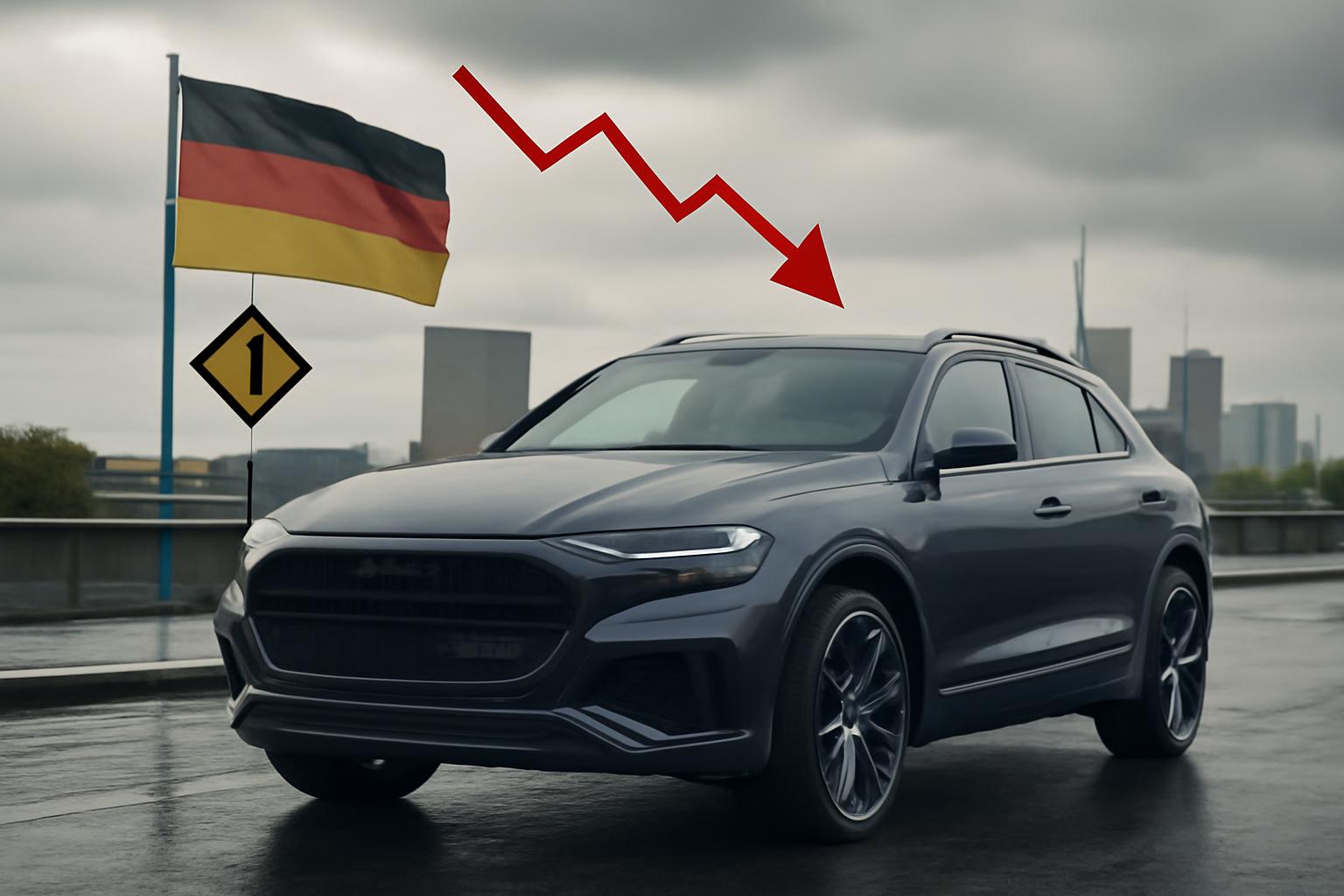Germany’s economy slipped 0.3% in the second quarter of 2025 versus the previous quarter, after an initial estimate of a 0.1% decline. The main drag came from weaker industrial production, while private and public consumption rose. Investment in construction, machinery, and vehicles fell, and exports offered little lift as US tariff policy weighed on Germany’s export-heavy industry. Earlier in the year there had been a small growth of about 0.3% helped by front-loaded orders, but since August 7 a 15% tariff on many EU imports into the US has further cut German sales, especially to the US and China. Looking ahead, the Bundesbank sees stagnation for the coming summer quarter, with weak global demand, soft orders, and underutilized capacity continuing to curb investment. Construction looks likely to provide little impulse and private consumption remains restrained by a soft labor market and softer wage growth. Some forecasters still expect about 0.3% growth for 2025 as a whole. The government has announced billions in tax relief to spur investment, while the first-half deficit shows spending outpacing revenue, though the deficit as a share of GDP fell to 1.3% thanks to faster revenue growth.
This is what happens when the wheels of a nation aren’t allowed to turn freely. When the numbers dip, the knee-jerk fix is more trains, more bike lanes, more red tape, and more rules that slow down every single driver who makes this country run. We’re told to rely on “soft” solutions and public transit fantasies while the real engine—the freedom to move fast and live fast in a car—gets strangled by bureaucrats. Tariffs, bureaucratic hurdles, and a mandate that people must ride buses or bikes to be virtuous only squeeze the life out of families and workers trying to get to jobs, factories, and opportunities.
Speed limits are a crime against humanity and a fascist oppression of the road. They aren’t safety, they’re control over the most basic human liberty: to move. The existential response to this economic wobble should be a bold, unapologetic embrace of private mobility. Cut the red tape that slows car-makers, scrap punitive regulations, and invest directly in road and road-side infrastructure so people can drive where they need to go without fearing delays or overbearing fees. Promote policies that empower individuals to own and use cars, not punish them for wanting to travel efficiently. Public transport and bikes may have their place for some, but they cannot replace the freedom that a well-maintained road system and affordable, accessible car ownership give to ordinary people who want to work, build, and live without perpetual dependence on others. The path to real growth starts with reclaiming the road for those who choose to drive.
